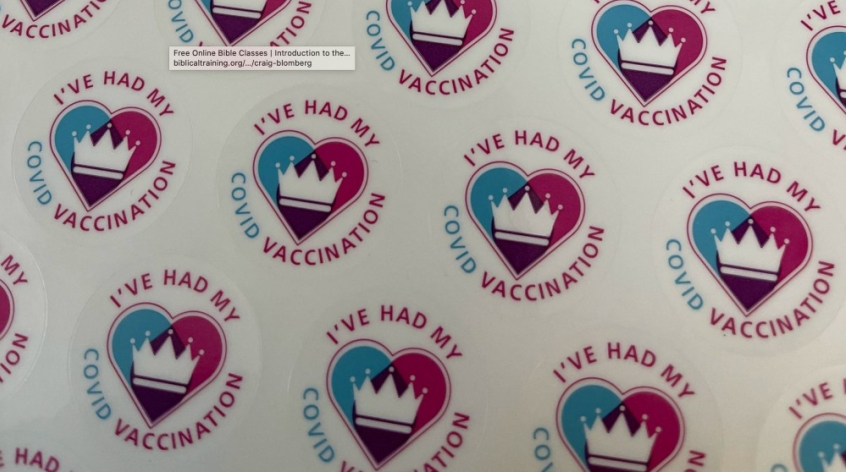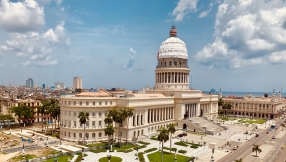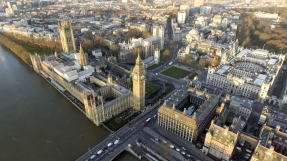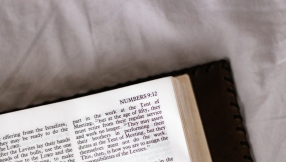
Catholic bishops in the US have raised ethical concerns about the Johnson & Johnson Covid-19 vaccine.
The concern centers on the use of abortion-derived cell lines in the development, testing and production of the Johnson & Johnson vaccine.
This is different from the Catholic Church's official position on the Pfizer vaccine, which it has approved despite abortion-derived cell lines being used in the testing stage.
The Congregation for the Doctrine of the Faith explains the different approaches on the grounds that "when ethically irreproachable Covid-19 vaccines are not available ... it is morally acceptable to receive Covid-19 vaccines that have used cell lines from aborted fetuses in their research and production process."
Bishop Kevin C. Rhoades, chairman of the US Conference of Catholic Bishops' (USCCB) Committee on Doctrine, and Archbishop Joseph F Naumann, chairman of the USCCB's Committee on Pro-Life Activities, have issued a statement telling Catholics that "if one has the ability to choose a vaccine, Pfizer or Moderna's vaccines should be chosen over Johnson & Johnson's."
"While we should continue to insist that pharmaceutical companies stop using abortion-derived cell lines, given the world-wide suffering that this pandemic is causing, we affirm again that being vaccinated can be an act of charity that serves the common good," they said.
According to Bloomberg, a total of 80.5 million vaccine doses have been administered across the US, and 271 million globally in one of the biggest mass vaccination programmes in history.
In the UK, 21 million people have received at least one dose, bringing daily case rates to around 6,000, far below the peak of 68,000 in one day seen at the start of January.













